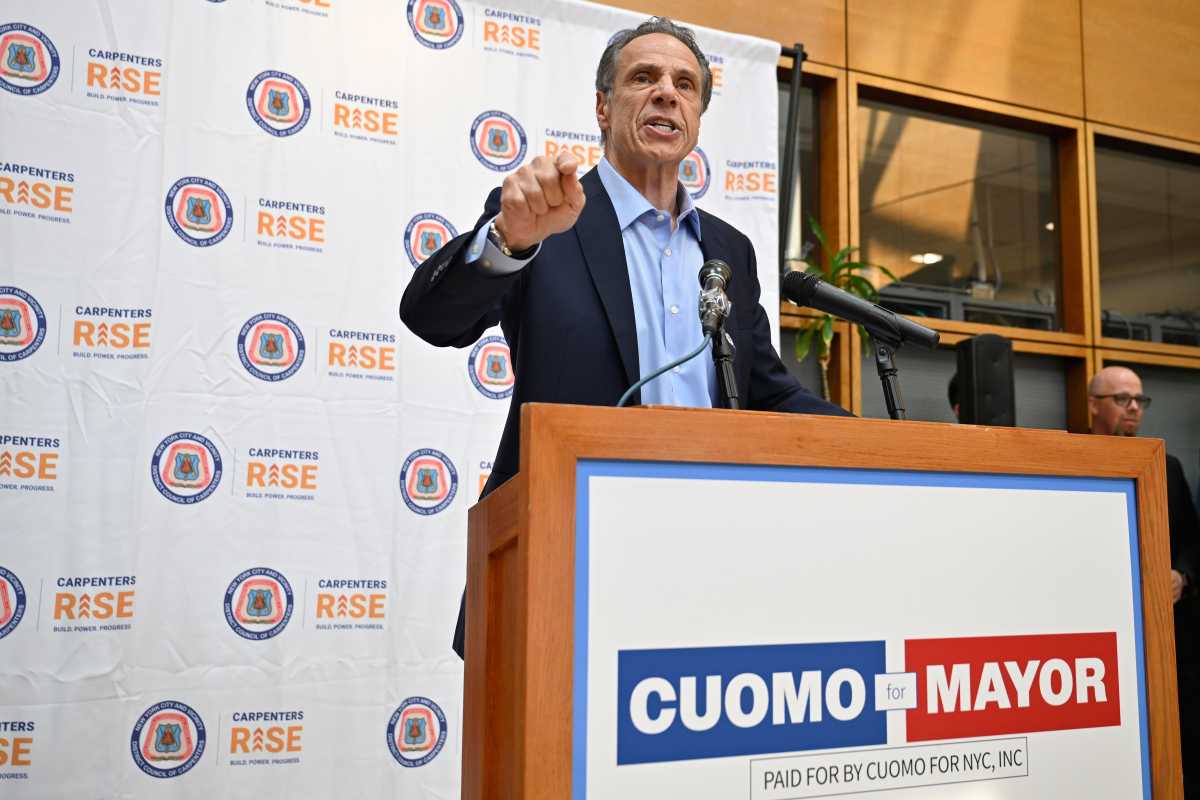As a member of the Queens Jewish Community Council and someone who grew up hearing stories about my uncle surviving the Holocaust by hiding in the Polish woods, sleeping in barns and subsisting on grubs and rain water, I had the good fortune of making the acquaintance of German−Jewish refugee, World War II veteran and Flushing resident Werner Kleeman.
Kleeman grew up in Gaukonigshofen, Germany, and witnessed the devastation of his home and town’s Jewish community in the Kristallnacht rampage, shortly before his arrest by the Nazis and internment in the concentration camp Dachau. He obtained a visa to Britain, escaping the Nazis’ clutches, and immigrated to America.
As an American citizen, Kleeman served as an interpreter and specialist in the Fourth Infantry Division, participating in the D−Day invasion by landing on Utah Beach. He served alongside authors J.D. Salinger and Ernest Hemingway, a war correspondent.
As part of the American military government in Germany, Kleeman returned to his village and ordered the arrest of those who took part in Kristallnacht and other anti−Jewish acts. Back in America, Kleeman settled in Flushing, raised a family and built a successful industrial and home decorating business.
Kleeman’s story has been reported on by Tom Brokaw and in periodicals on both sides of the Atlantic Ocean. Kleeman’s memoir, “From Dachau to D−Day,” was published in 2006 and details his life. I became aware of Kleeman’s memoir through my work as an aide to state Sen. Frank Padavan (R−Bellerose) who was helping Kleeman with a veterans’ benefits issue.
Padavan contacted Dr. Arthur Flug of the Kupferberg Holocaust Resource Center at Queensborough Community College about adding Kleeman’s memoir to its collection. Kleeman favored me with a personalized copy, which I will always cherish.
We must learn Kleeman’s story so future generations can live lives of freedom, opportunity and relative comfort, safe from tyranny and oppression.
Daniel Egers
Whitestone



































